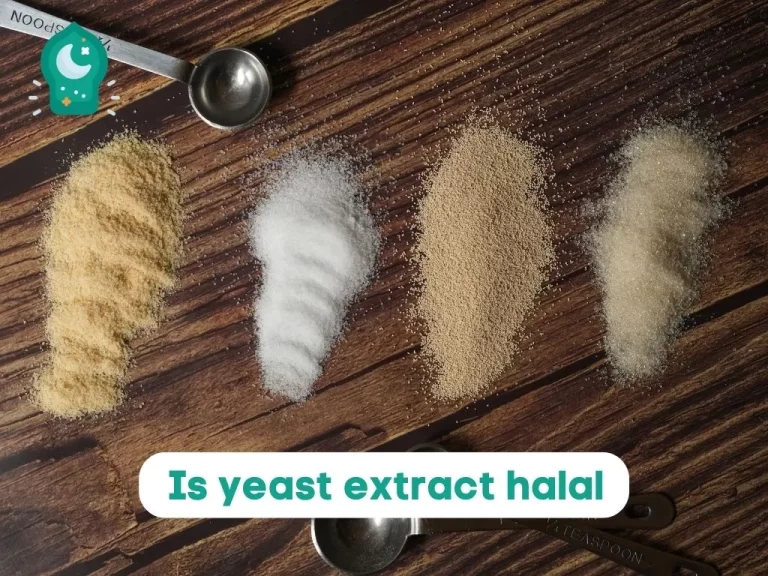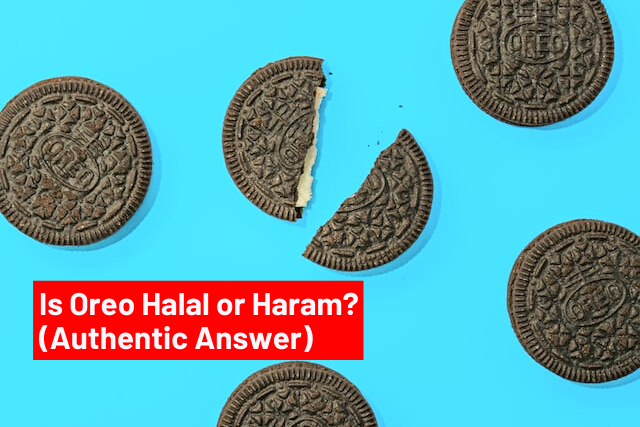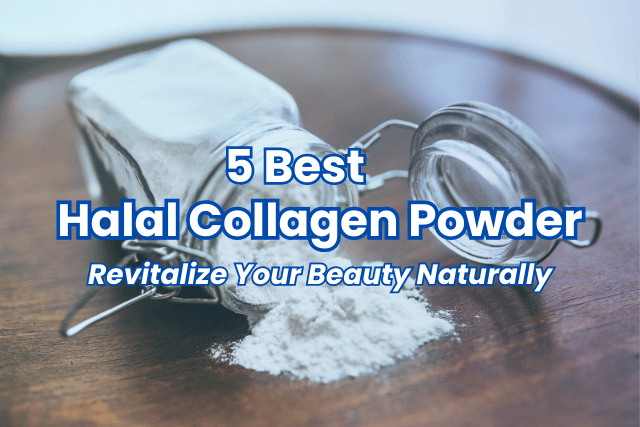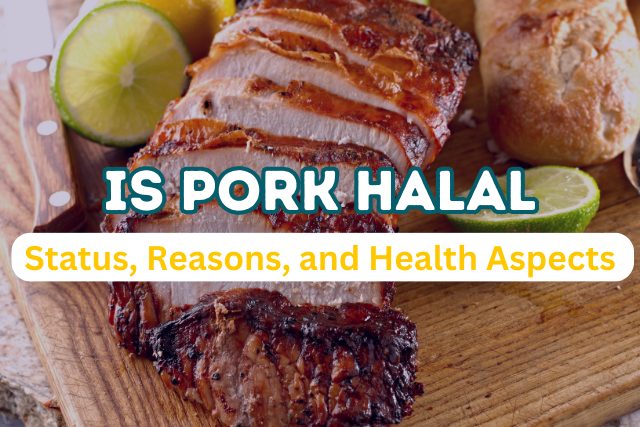Is Gelatin Halal | A controvercial Ingredient
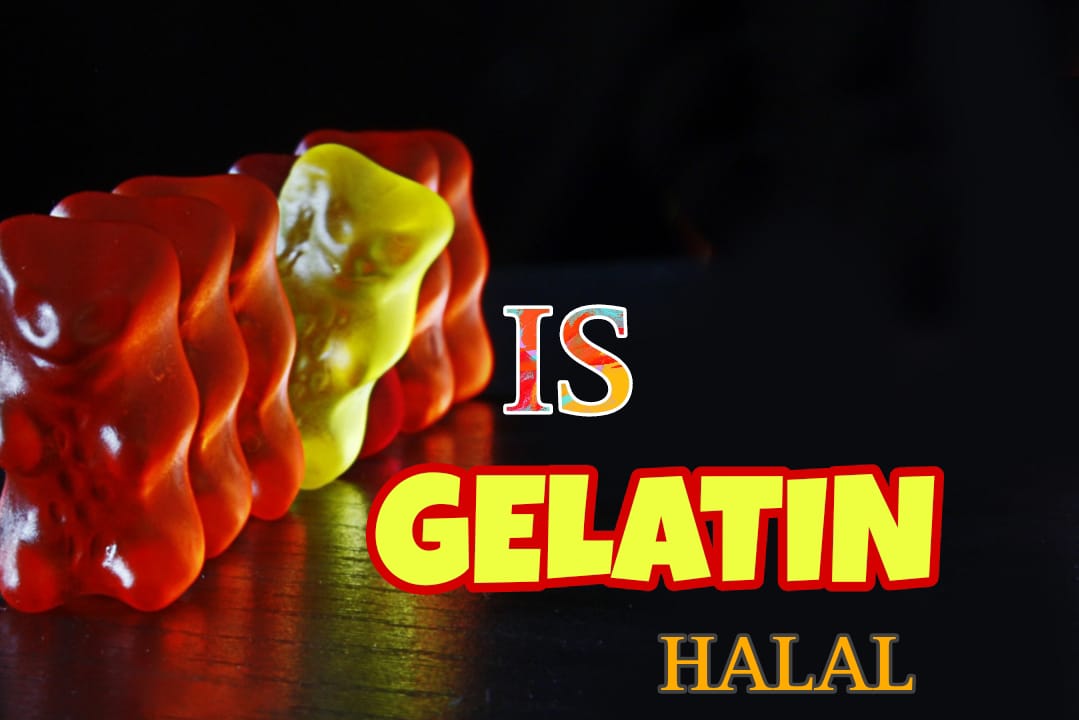
Gelatin is a common ingredient in many food and non-food products. It is a protein from collagen found in animal bones, skin, and connective tissue.
In both food and non-food products such as capsules, photographic film, and cosmetics, gelatin is used as a gelling agent, but the real issue for Muslims is,
Is Gelatin Halal for Muslims
As Muslims follow Islamic law, knowing whether gelatin is halal is crucial. However, in terms of the permissibility of gelatin, Islamic scholars and schools of thought differ. In detail, we will discuss gelatin’s halal/haram status and its health benefits.
Health Benefits of Gelatin
High protein content
Gelatin contains a high level of protein. As a vital nutrient, protein provides growth and repair of tissues in the body, supports the immune system, and maintains healthy hair, skin, and nails.
Improve joint health.
Gelatin can also improve joint health. Collagen, a protein found in connective tissues throughout the body, is abundant in gelatin. When someone has arthritis or other joint conditions, collagen can provide structure and support and reduce inflammation.
Skin health.
There may be skin health benefits to gelatin. In addition to improving skin elasticity, collagen may help reduce wrinkles and fine lines.
Digestive Health
Last but not least, gelatin may improve digestion. A key gelatin component is a glycine, an amino acid that supports healthy digestion. Furthermore, it may promote the growth of beneficial bacteria in the digestive system and reduce inflammation in the gut.
General Rulings on Gelatin
The general rule of thumb is that gelatin derived from non-halal sources, such as pork or non-slaughtered animals, is considered haram (forbidden). Nevertheless, halal sources of gelatin, such as vegetarian, halal cattle, and poultry slaughtered according to Islamic law, are permissible.
Hanafi school of thought View About Gelatin.
Islamic scholars and schools of thought debate whether gelatin is halal. Hanafi scholars consider gelatin halal if derived from halal sources and undergo a chemical transformation.
Shafi’i school of thought
On the other hand, the Shafi’i school of thought considers gelatin to be haram if it is derived from non-halal sources, regardless of whether it undergoes Sinhala.
Maliki and Hanbali Point of View
The Maliki and Hanbali schools take a more cautious approach, considering gelatin to be haram unless its source is known to be halal.
Is gelatin halal in sweets?
In terms of gelatin in sweets, the issue of whether it is halal or not depends on the source of the gelatin used.
Many manufacturers use gelatin derived from non-halal sources, such as pork, in their products, making them haram for Muslims to consume.
However, some manufacturers use gelatin derived from halal sources, making their products halal for consumption by Muslims.
Source of the Gelatin
It is essential for Muslims to be aware of the source of the gelatin used in the products they consume and to seek out products that use halal gelatin.
Unfortunately, this can be challenging, as manufacturers are only sometimes required to label the source of the gelatin used in their products.
Halal Certified Gelatin
In some cases, however, manufacturers may voluntarily label their products halal, making it easier for Muslims to make informed choices.
Conclusion
The source of gelatin determines whether gelatin is halal or not. Gelatin derived from non-halal sources, such as pork, is generally considered haram by Islamic scholars.
Thus, Muslims should look for products made with halal gelatin and be aware of its source. In addition, consuming gelatin in moderation is essential to avoiding health concerns.
FAQS
Is gelatin halal?
Muslims consider gelatin derived from non-halal sources, such as pork and haram (forbidden). In contrast, halal gelatin is derived from halal sources, such as animals slaughtered according to Islamic law (permissible).
Is gelatin vegetarian?
Gelatin is not vegetarian since it is derived from animals.
Is gelatin kosher?
Gelatin can be kosher if it is derived from Jewishly slaughtered cattle. Despite this, some kosher authorities do not consider gelatin kosher.
Is gelatin gluten-free?
Yes, gelatin is gluten-free, as it is a protein derived from animal sources and contains no gluten.
What are the health benefits of gelatin?
In addition to containing amino acids, gelatin is a good source of protein. Additionally, it may help joints, skin, and digestion.
What are the risks associated with consuming gelatin?
It may contain traces of heavy metals, such as lead and mercury, which can be harmful in large quantities. In addition, consuming addition, consuming can contribute to weight gain.
Is gelatin used in cosmetics?
Cosmetics use gelatin as an emulsifier and thickening agent. Hair care, skin care, and nail polish products contain it.
Is gelatin used in vaccines?
Gelatin is used to stabilize vaccines in some cases. For example, vaccines prevent the ingredients from breaking down over time.
Is gelatin used in the photographic film?
A photographic film binds light-sensitive silver halide crystals with gelatin. Other photographic materials also use it.
Is gelatin used in capsules?
Yes, gelatin is commonly used in capsules as a shell for medications. However, you can also use vegetable cellulose capsules instead of gelatin capsules.

